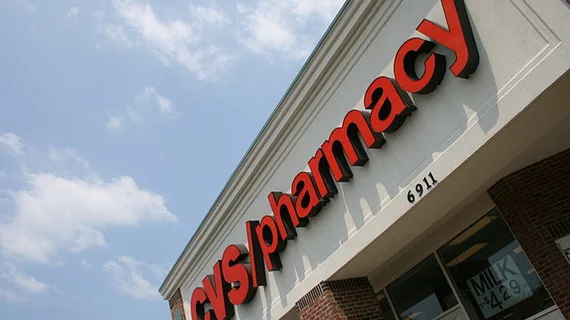Gov. shutdown could delay CVS-Aetna deal proceedings
The $69 billion merger between CVS Health and Aetna is facing another potential obstacle, as the government shutdown could impact court proceedings currently holding up closure of the deal, Reuters reported.
The shutdown, which entered its 20th day on Jan. 10 after Congress and President Trump failed to agree to a spending bill in late December, has left roughly 800,000 federal employees without pay, nearly half of whom are furloughed as agencies lack funding. The shutdown is similarly impacting court systems.
The CVS-Aetna deal was approved by the Department of Justice and closed by both parties, but the mega-merger still needs to pass through the court system. The deal brings together one of the nation’s largest pharmacy benefit managers and the nation’s third-largest health insurance provider.
According to Judge Richard Leon of the U.S. District Court for the District of Columbia, the transaction has not been fully scrutinized in its impact on competition in the market. Prior to the shutdown in December, the judge ordered the two companies to keep their operations separate as the antitrust review process plays out.
A lapse in funding could affect the Antitrust Division’s ability to process public comments on the consent agreement between the two companies unless a court orders the division to do so, according to Reuters.
See the full story below:

